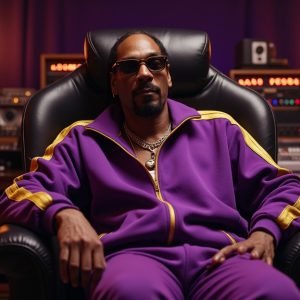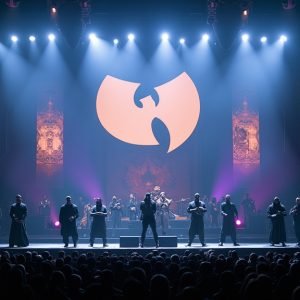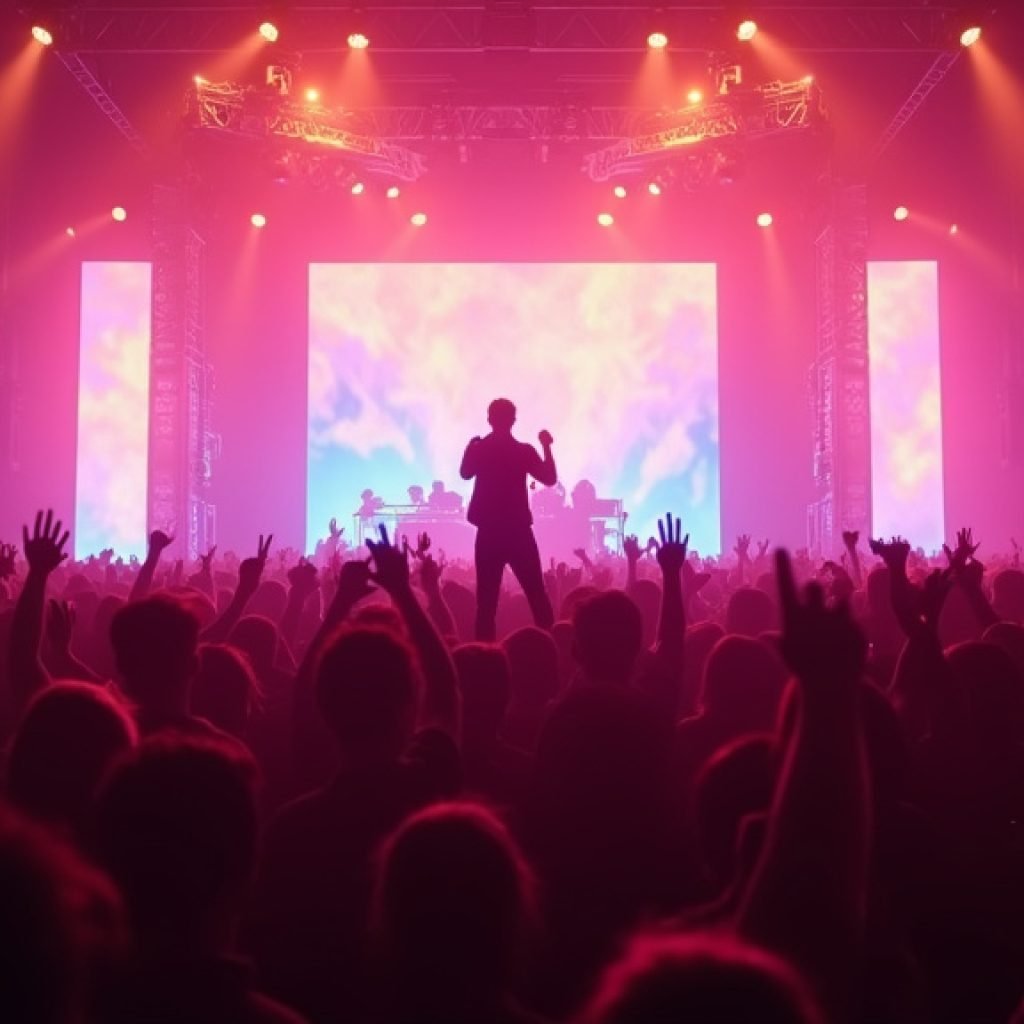Bob Vylan Denies Antisemitism Claims, Cites ‘Targeting’ Over Gaza Remarks at Glastonbury
Rap-punk duo Bob Vylan has firmly denied allegations of antisemitism stemming from onstage comments made during their performance at the Glastonbury Festival on Saturday, June 28, 2025. The band asserts that they are being “targeted for speaking up” about the ongoing war in Gaza, pushing back against accusations that their vocal stance has crossed into hateful territory.
Investigating the Incident
Authorities have confirmed that an investigation into the events at Glastonbury is currently underway. The focus of the inquiry appears to be chants led by the band’s frontman. During their set, the lead singer reportedly led the crowd in chants of “Death to the IDF” (Israel Defense Forces). These chants have drawn significant criticism and prompted official responses from various governmental and media bodies.
Government Condemnation and Media Response
The British government has issued a strong condemnation of the chants, labeling them as “appalling hate speech.” A spokesperson for the government stated that such sentiments have no place in public discourse, particularly at a major cultural event like Glastonbury. The BBC, which was livestreaming parts of the festival, also expressed regret for broadcasting the controversial remarks. A statement from the broadcaster indicated that while they aim to capture the spirit of the festival, the livestream included sentiments they found objectionable, and they are reviewing their editorial protocols.
The fallout from the Glastonbury performance has extended beyond the UK’s borders. In a significant development, U.S. authorities have taken the step of revoking the visas of the musicians. This action suggests a serious view being taken by American officials regarding the nature of the chants and their potential implications.
Bob Vylan’s Defense
In response to the escalating controversy, Bob Vylan released a statement through their representatives. The duo, known for their politically charged lyrics and often provocative performances within the hip hop and punk music scenes, maintains that their intention was to raise awareness and express solidarity with those affected by the conflict in Gaza. The band argued that their criticism is directed at military actions and not at any particular religious or ethnic group.
“We are being targeted for speaking up,” the statement read, emphasizing their belief that the allegations of antisemitism are a deliberate attempt to silence dissent and distract from the humanitarian crisis in Gaza. The band feels that their message has been deliberately misrepresented and amplified to discredit their activism.
Broader Context and Festival News
The incident at Glastonbury highlights the increasing polarization of discussions around the Israeli-Palestinian conflict, even within the entertainment and music festival news circuit. Major festivals often become platforms for political expression, and Glastonbury, with its diverse audience and history of protest, is no exception. However, the severity of the reaction to Bob Vylan’s performance underscores the sensitivity surrounding the topic and the varying interpretations of what constitutes acceptable protest versus hate speech.
Fans of the duo have expressed a range of opinions, with some supporting Bob Vylan’s right to express their views freely and others condemning the specific chants as inappropriate and harmful. The festival organizers have yet to issue a comprehensive statement beyond cooperating with the ongoing investigations.
The music industry continues to grapple with the balance between artistic freedom of expression and the responsibility that comes with large-scale public platforms. The repercussions for Bob Vylan, including the visa revocation by U.S. authorities, indicate that the consequences for such outspokenness can be far-reaching, impacting international touring opportunities for artists.
As the investigation progresses, further details are expected to emerge regarding the specific evidence being examined and the potential outcomes. The situation remains a focal point in current festival news and broader conversations about political expression in contemporary music.
This particular news from the festival serves as a stark reminder of the complexities involved when music and politics intersect so directly on a global stage. The duo’s stance and the subsequent reactions represent a critical juncture in how such powerful statements are received and regulated within the live music sphere.

























